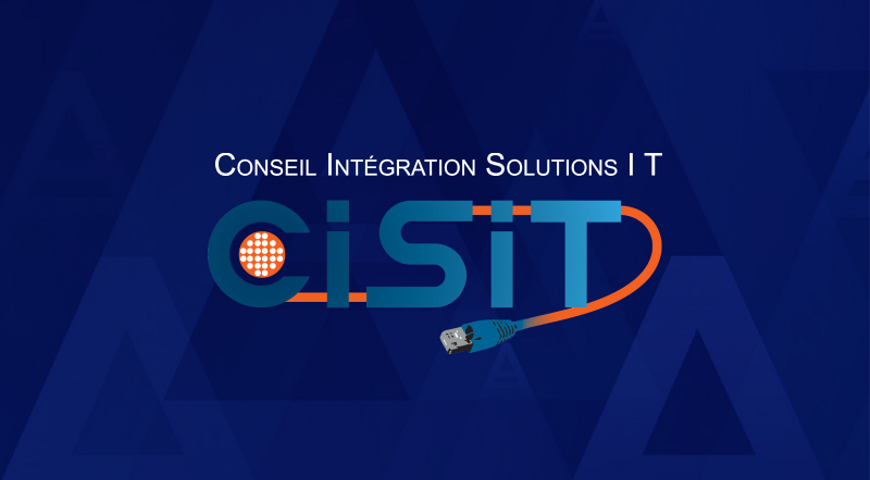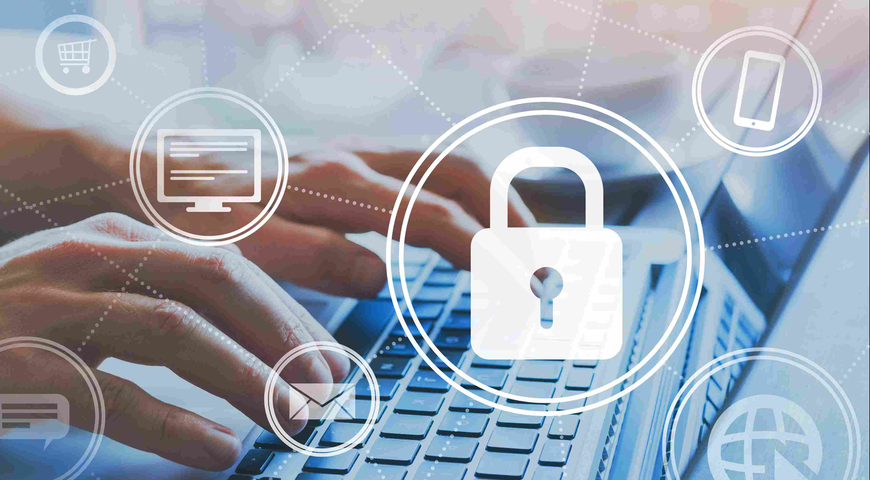Increased adoption of cloud computing, virtualization and other big IT shifts are rewriting the relationship between technology vendors and their channel partners. These shifts are having big affects further downstream, too, changing how resellers and managed service providers (MSPs) offer value to their own customers. Andrew Hamilton, director of engineering and professional services at Unitiv, a leading enterprise IT systems provider, discusses how his company serves its customers’ data protection needs amidst the changes.
What do you see as the most significant technology shifts in IT today?
Hamilton: In our experience, our customers are moving away from the data center. The cloud has become the most investigated piece of technology we have seen in recent years. While many customers aren’t moving away immediately, everyone seems to be taking a look and potentially testing different use cases in their environment. The difficulty customers often have is how to get there. We believe this is where cloud backup technology can be very beneficial. It takes complex processes and simplifies them so that even smaller IT organizations can have “large shop” functionality.
What are Unitiv's customers' most pressing data needs, and how are they changing given these broader technology and business shifts?
The most pressing concerns are the amount of data being collected, how to manage that data and what to do in the event of an emergency. All of those data concerns, coupled with the huge shift of a mobile workforce as another pressing issue. The demand to make sure the data is always available and secure via mobile devices is yet another need for businesses today.
How does Unitiv work with its channel partners to solve data challenges?
By thoroughly understanding the business challenge, we can recommend the best solution to answer that problem whether it is storage, protection, security or a combination of all of those. We maintain the highest level of certifications with all of our strategic vendors, so we have in-house expertise to accomplish this task. We also involve the channel partner as soon as we can make the recommendation. In addition, we build tight relationships with our vendors as well as customers. For example, it’s common for our engineering and sales teams to include their personal cell phone number on their business card. While we recognize this is an uncommon practice in the IT industry, our goal is to stay as closely connected and transparent as possible for the entire data solution process. In short, neither our customers nor vendors have to worry about navigating a convoluted phone tree to get a hold of us. We’ll be there to support them after the sale or implementation is complete.
How can a Backup-as-a-Service (BaaS) solution help companies protect data and ensure quick recovery when something goes wrong?
We have seen many cases where BaaS has helped our customers not only recover data quickly after a catastrophic event, but also maintain the security of that data. The key ingredient of any BaaS solution is for each company to have a data protection and disaster recovery plan in place before anything goes wrong. This is also a key feature in the Acronis backup offering. Instead of needing a proprietary bridge to send data to the cloud, a user simply enters in their Acronis credentials as an additional data source. From there, any existing Acronis backup plan can easily accommodate sending data to the cloud. This saves any sort of rip and replace the customer might have to deal with. It also means that if the customer’s existing backup target is getting full then they can easily provision more storage in the cloud.
What should IT pros be thinking about now to prepare for future IT market changes?
Security is key. You don’t want your company to be the next headline regarding security breaches. Nor do you want to be known as the company that lost all of its data due to poor planning. A lot of IT professionals are approaching cloud technology like virtualization when it first came out. That is, they’re not applying best practices to the cloud systems as they have in their own data centers. Those in IT need to understand that by simply having something in the cloud doesn’t mean that it’s safe, or that it will be protected from data loss by default. Instead, IT pros need to build the security and data loss strategy into their cloud strategy, instead of retrofitting later. For example, is your data being stored in the Amazon cloud? Great, now back it up to another cloud to ensure that if one provider is lost the data will still be retrievable. This is basic datacenter policy, but we’re simply applying the salient processes to the cloud. Take time now to plan for the future.
About Acronis
A Swiss company founded in Singapore in 2003, Acronis has 15 offices worldwide and employees in 50+ countries. Acronis Cyber Protect Cloud is available in 26 languages in 150 countries and is used by over 21,000 service providers to protect over 750,000 businesses.



